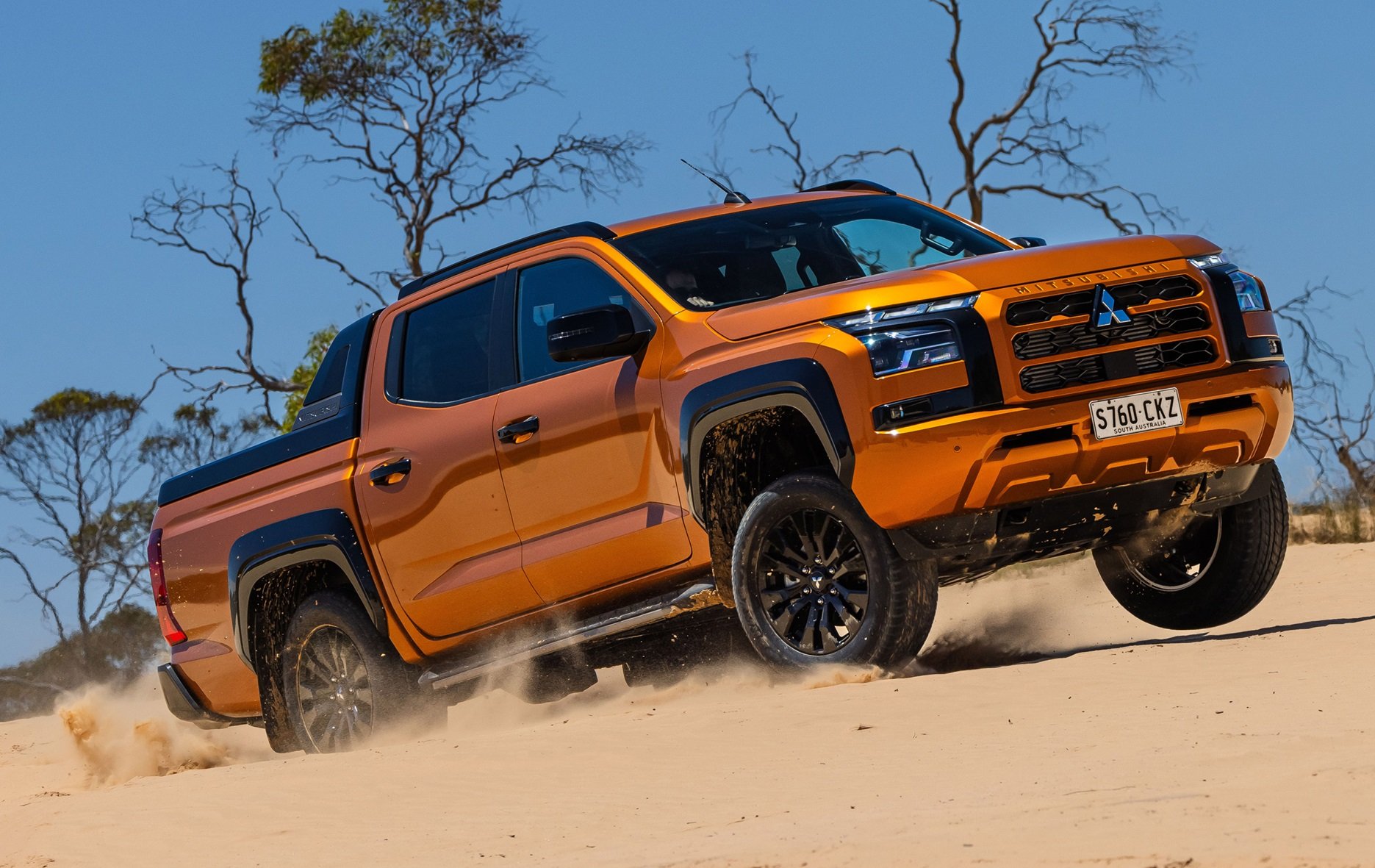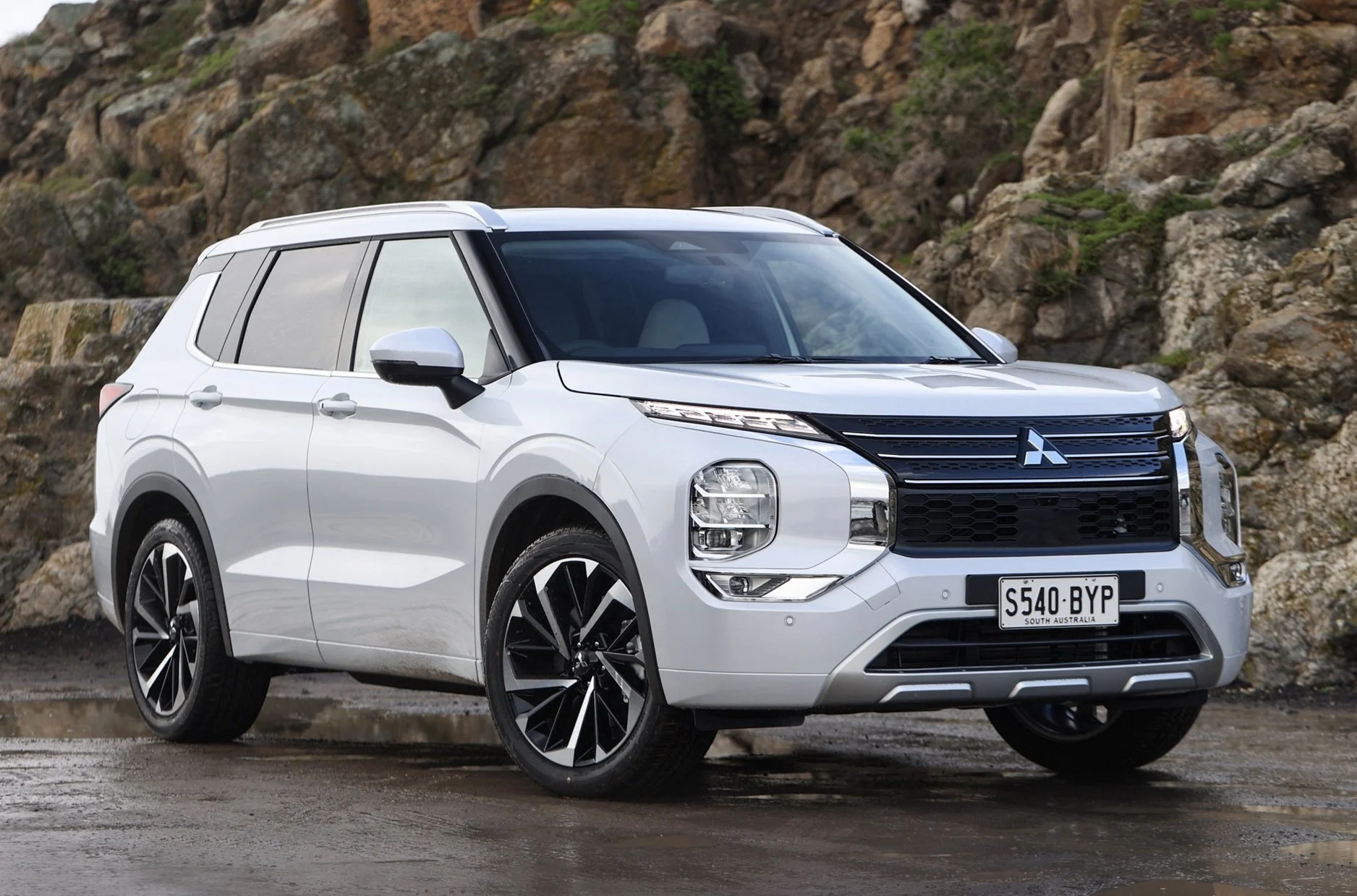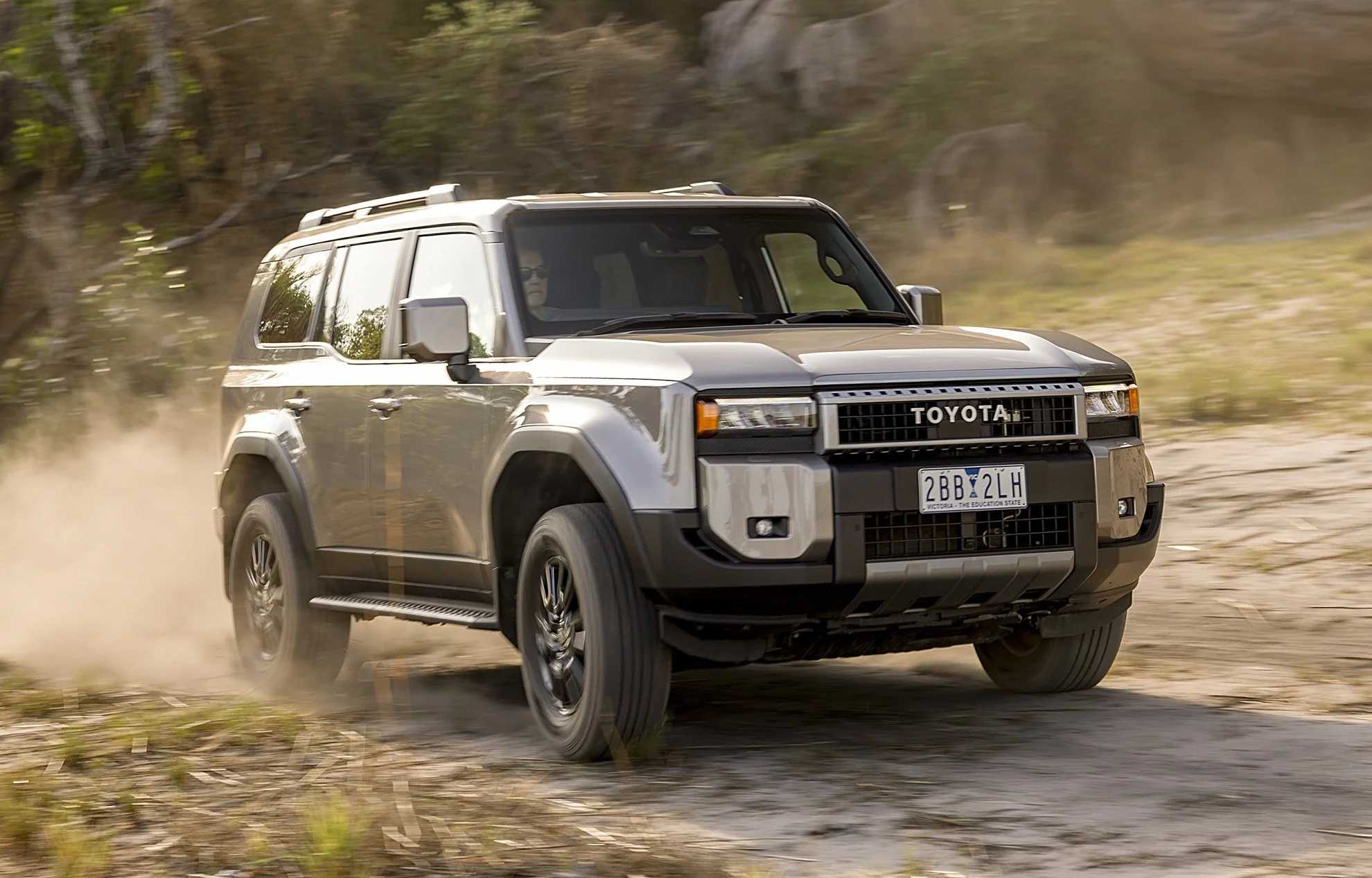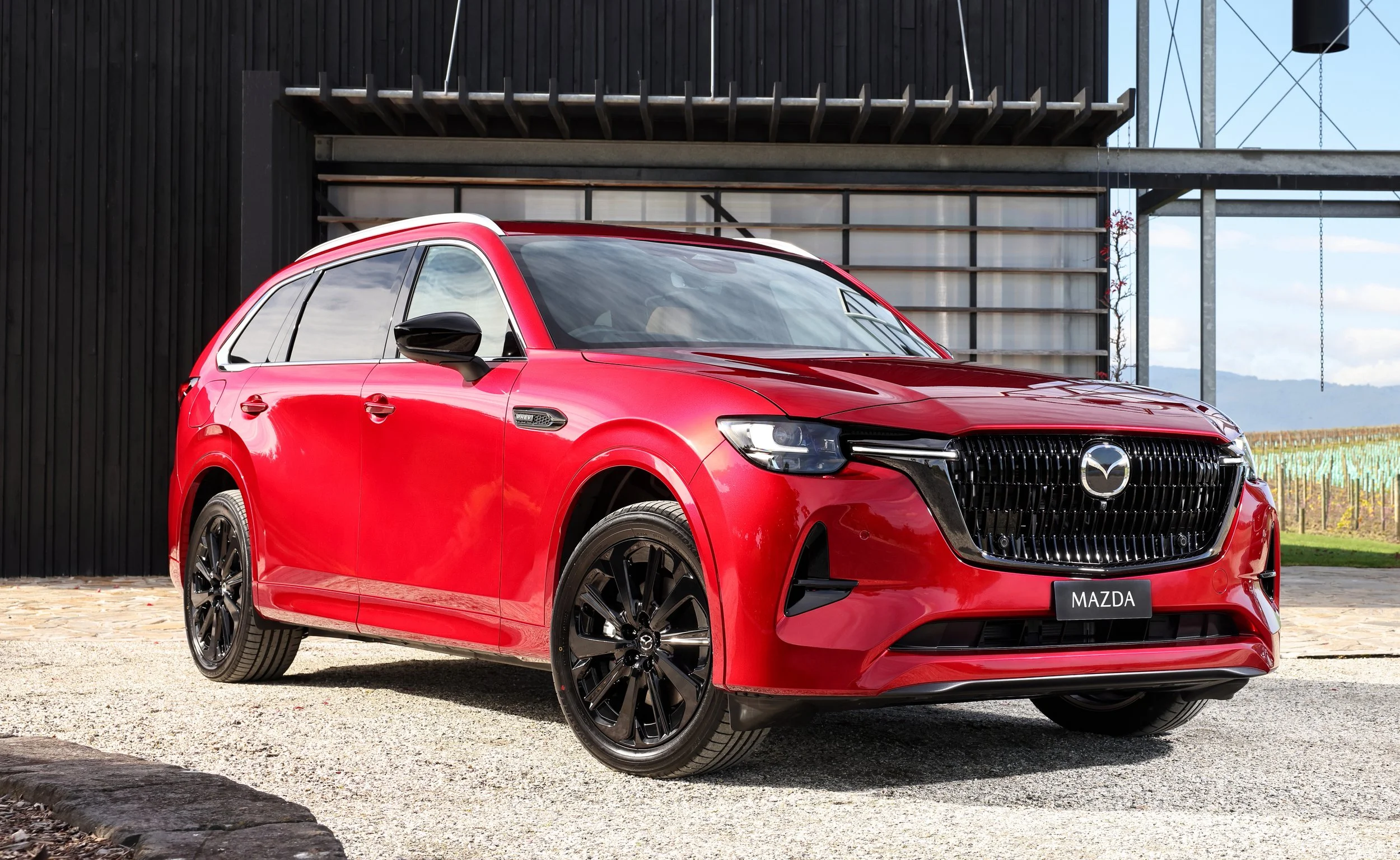Are we past peak automotive production? Bosch says yes.
Robert Bosch has stood up and opened the book of Revelation. Apparently the world’s going to end…
Robert Bosch GmbH, the German automotive industrial rockstar powerhouse conglomerate with 400,000 employees and more that 80 billion Euros in assets, is going to start boning its workers and review its business operations.
There’s a properly ominous corporate euphemism.
Following a global car industry slump, Bosch’s full-year profit fell 44 per cent - ouch. The company’s big cheese, Volkmar Denner said:
“It could well be that we have passed the peak of automotive production.”
Clearly this is enough to strike terror into the hearts of carmakers everywhere, whose only mission each day is to sell more cars.
Growth without limit. Deliver ever-increasing profit for the shareholders - not that there’s anything wrong with that, in theory, except of course that it cannot continue indefinitely. (Here’s how you use it to your advantage buying a new car in 2020 >> )
Global automotive production is expected to drop for the third year in a row this year, by 2.6 per cent, to just under 90 million vehicles this year. And Bosch’s knee in the slats is broadly representative of the problems all carmakers are facing - seeing as Bosch is a supplier to all the big names.
It’d be hard to find a contemporary car that lacked internal Bosch bits.
This slump in sales is mainly due to lower demand in China, the US and Europe. Carmakers must be gnashing their teeth over China, which has been the wild, wild west of the east for over a decade now - all that fertile terrain just gagging for the same per capita car ownership as the west.
Murder by numbers
In 2007 I was in a press conference in Shanghai, and the then-Chinese minister for science and technology told the audience, via a translator, that when - not ‘if’, ‘when’ - China achieved the same per capita car ownership as the west, it would double the number of cars on earth. Double. That’s about 800 million to 1.6 billion, he said.
You could just about hear Martin Winterkorn reach for the Kleenex when he said that.
So, estimates are that we hit one billion in 2010, and made it to 1.2 billion by 2014. So we should be at about 1.5 billion now … and all good things must come to an end.
Interestingly, although Bosh profit took a massive hit, its earnings didn’t. That’s basically attributable to the massive spike recently in complexity in modern vehicles. Bosch is selling more parts and systems per vehicle, but it’s just not bringing home the bacon. It’s trending definitely towards Mecca on that front.
Mr Denner said the shift to EVs might create opportunities in the long term, but it’s going to impact jobs in the near term.
Essentially this is because it takes, 10 dudes to assemble a diesel injection system, three for a gasoline system, and just one for an electric motor, in a nutshell. Plus, no transmission.
New world order?
New car sales gloom set to continue. Not only a thing here in Shitsville, it seems.
If you’re looking for the silver lining there, it’s this: For carmakers, competition is about to get tougher. (As if they weren’t hard enough in 2019 >> )
Who knows, maybe all the shitbox brands which are yet to figure out that how to treat customers with respect (the Jeeps, Volkswagens, GMs, Fords, Nissans, Mercedes-Benzes of the world), might just have to evolve rapidly or face the consequences.
Y’know, in the manner of the dinosaurs.
















Just because a ute is cheap, that doesn’t mean it’s worth the money. So let’s see if the GWM Cannon is more than just a cut-price Ranger wannabe and can offer towing, off-roading capability and robust design to compete with the big brand dual-cab utes like Hilux and Triton…